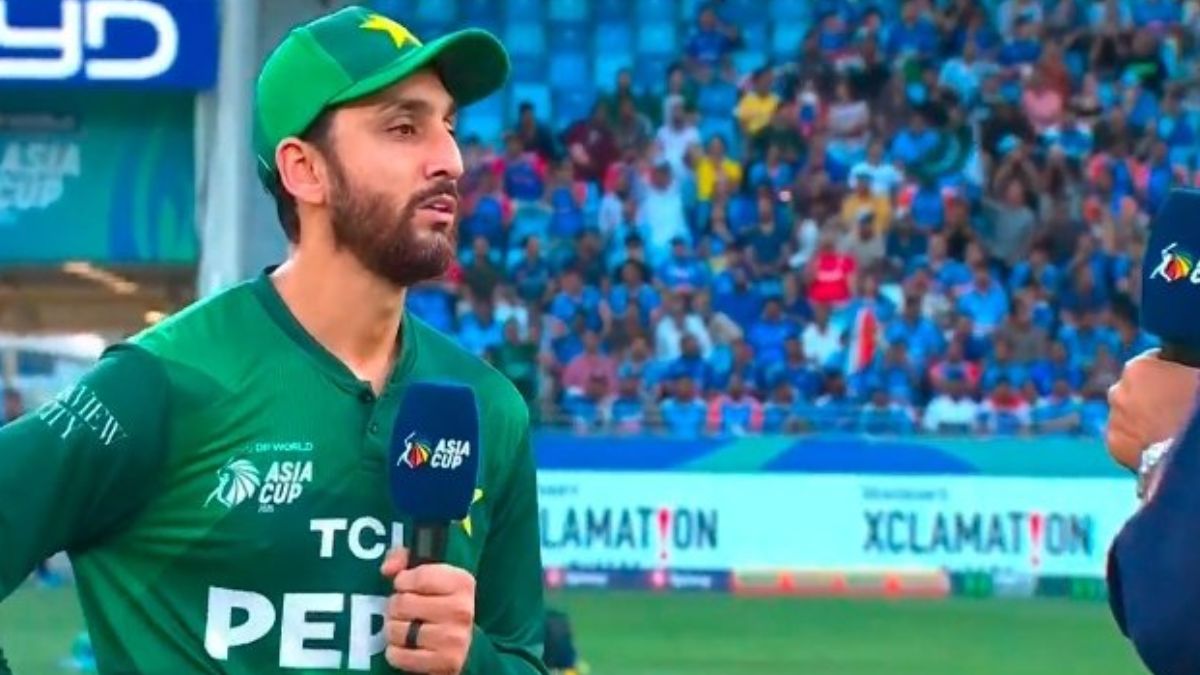The match between India and Pakistan at the Asia Cup 2025 turned into a storm off the field, as the post-match protocol sparked controversy. India defeated Pakistan by seven wickets in Dubai on September 14, but the result was overshadowed by what media outlets are now calling “Handshake-Gate.”
Following the match, Indian captain Suryakumar Yadav and his team chose not to shake hands with the Pakistani players, a customary post-match ritual. At the toss, match referee Andy Pycroft had instructed both captains to refrain from handshakes due to “security sensitivities.” The decision left the Pakistan camp visibly unsettled, with head coach Mike Hesson describing the situation as “unprecedented” and “embarrassing.”
Pakistan Cricket Board (PCB) Chairman Mohsin Naqvi strongly condemned the incident, accusing Pycroft of mixing politics with sports. The PCB demanded that Pycroft be removed from officiating any further Asia Cup matches. In addition, the board suspended Usman Wahla, Director of International Cricket, for failing to prevent the incident or escalate concerns in a timely manner to the International Cricket Council (ICC).
As per journalist Aditya Raj Kaul’s tweet, PCB has also threatened to withdraw from the Asia Cup, signalling the seriousness of the situation. What further fueled the controversy was India’s decision to dedicate their victory to the “heroes of the army” and victims of the recent Pahalgam terror attack in Jammu & Kashmir.
#BREAKING: Pakistan Cricket Board (PCB) suspends Director International Cricket Usman Wahla for failing to save embarrassment during Pak-India Asia Cup match “Handshake Gate” controversy and not complaining to remove match referee in time. PCB threaten to withdraw from Asia Cup.
— Aditya Raj Kaul (@AdityaRajKaul) September 15, 2025
As discussions continue, the Asia Cup 2025 faces scrutiny not just for on-field performances but also for the diplomatic and sportsmanship implications arising from this high-profile clash.


